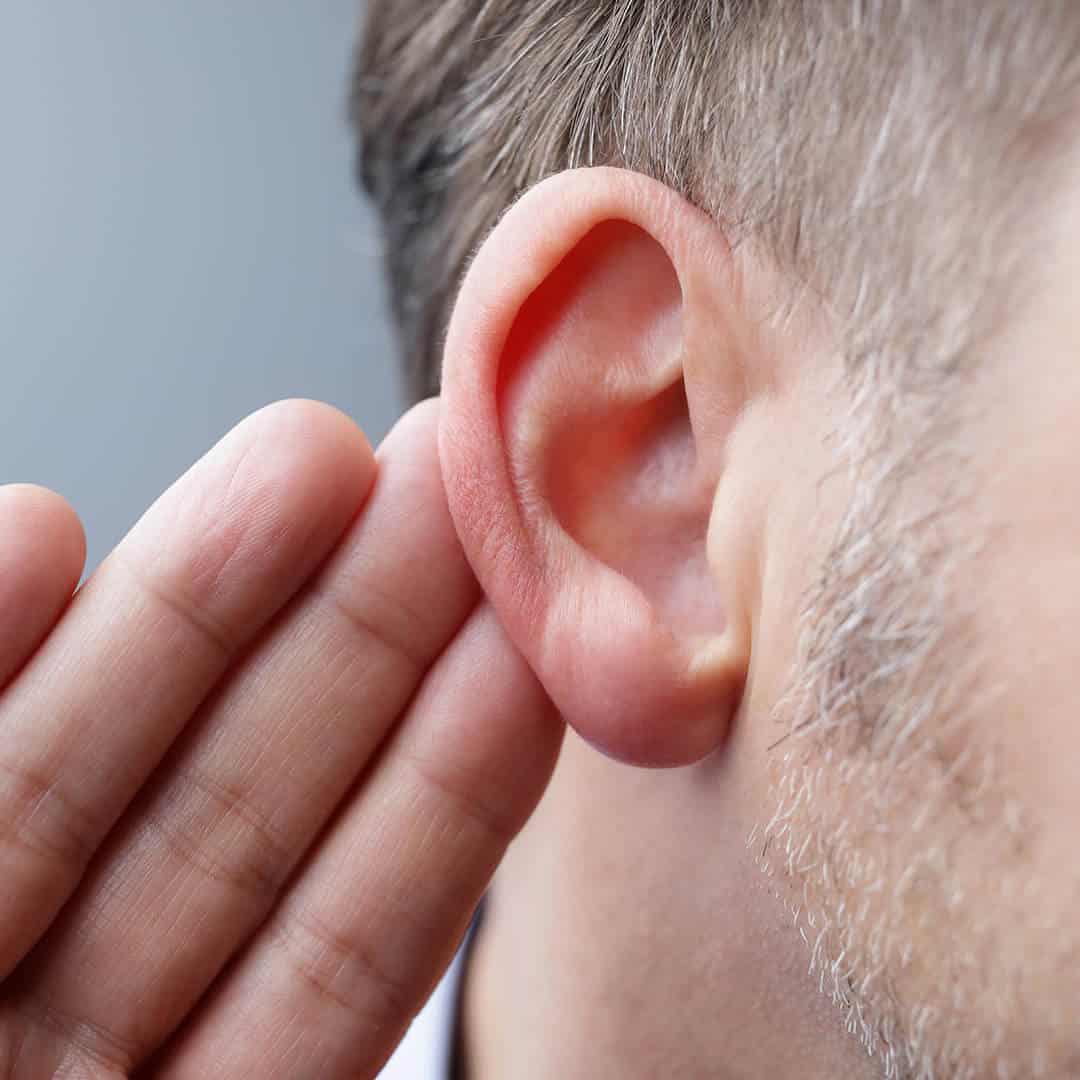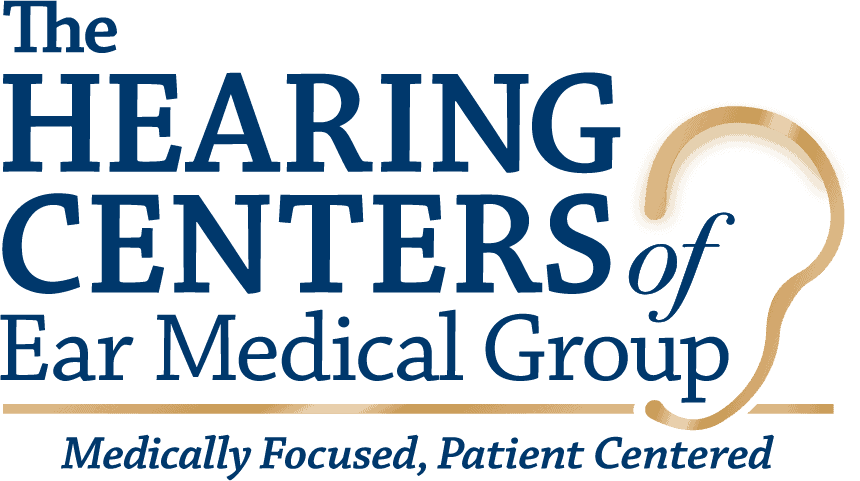Hearing Loss
It may come as a surprise, but many people who live with hearing loss do not even know they are doing so.
Many of us find ways to work around hearing impairment, dodging situations when acute hearing is needed or reading lips and social cues to come up with answers that seem appropriate. Although you may be one of these people making the best of limited hearing, you don’t have to continue to struggle through listening environments and social settings. Indeed, treatment and assistance are available for a wide range of hearing needs.
Perhaps the best place to begin is to understand the different types, causes, and degrees of severity facing the sufferers of hearing loss. Each person’s experience is special, and yet there are some general categories of experience that can help us understand what is going on.

Types of Hearing Loss
Three general types of hearing loss have to do with the location of the obstruction or limitation to hearing ability.
Conductive hearing loss refers to a problem in the parts of the ear that conduct sound to the mind, specifically the outer and middle ear. Some who experience conductive hearing loss have experienced an injury to these anatomical regions.
The second major type of hearing loss is sensorineural, occurring in the inner ear or in the auditory neural pathway to the brain. This type of hearing loss may be caused by illness or a developmental difference prior to birth, among many other causes.
The third type of hearing loss is mixed, in which both regions of the ear canal have been affected.

In addition to these general types of hearing loss, individual experiences can be categorized according to other distinctions, as well.
First of all, both of the ears may not experience the same degree or type of hearing loss. For example, if only one ear is affected, the loss is considered unilateral, while hearing loss in both ears is considered bilateral. Even if both ears experience hearing loss, it is still possible to experience different amounts of loss between the two ears. If this is the case, a person is said to have asymmetrical hearing loss, similar to a person who requires a different prescription of eyeglasses in each eye.
Hearing loss may occur in different times of life, as well. Some people are born with hearing impairment, while others experience it as a result of injury or illness in midlife. Many others experience hearing loss as a natural process of growing older, and the onset of this natural process may be identified at a wide range of ages.
Causes of Hearing Loss
Just as there are many types of hearing loss, there is also a wide range of causes. As described above, hearing loss may occur as a natural process of aging, and most people experience some form of hearing loss as they progress in years. However, this common form of hearing loss is not the only cause. At the other end of the lifespan, some people are born with hearing impairment due to developmental differences in the growing fetus. These developmental differences range from total deafness to cognitive issues processing sound to an absence of hearing in a particular range of frequencies.
Life events can case hearing loss, as well. Injuries to the ear canal can cause loss, whether physical damage or exposure to a very loud sound, such as an explosion. Serious infections, such as otitis media can leave behind hearing loss in their wake.
Additional Causes of Hearing Loss
Degrees of Hearing Loss
Hearing loss ranges from slight to profound. These categorizations are based on the volume level necessary to be able to perceive a sound. For instance, some people can hear sounds up to 15 decibels, and this is considered normal hearing. However, those who cannot hear a particular pitch, or frequency, of sound below 16 decibels of volume are thought to have some hearing loss. The following table explains the categories of hearing loss associated with decibels necessary for them to be heard:
| Degree of hearing loss | Hearing loss range (in decibels) |
|---|---|
| Normal | –10 to 15 |
| Slight | 16 to 25 |
| Mild | 26 to 40 |
| Moderate | 41 to 55 |
| Moderately Severe | 56 to 70 |
| Severe | 71 to 90 |
| Profound | 91+ |
